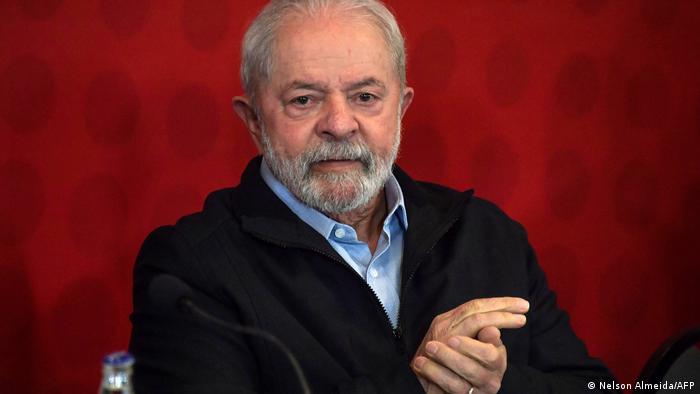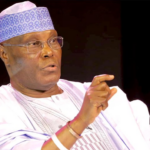By Muideen Olaniyi (with agency report)
Luiz Inacio Lula da Silva, who rose from poverty to Brazil’s presidency before crashing into disgrace in a corruption scandal, made a spectacular comeback as leader of Latin America’s biggest economy at the age of 77.
AFP reports that Lula, as he is affectionately known, scraped ahead of far-right incumbent Jair Bolsonaro to win a third term at the helm, election authorities confirmed.
Former Brazil gymnastics coach sentenced to 109 years in prison for multiple rapes
YPP candidate Ado-Ibrahim slams FG on governance
Just 18 months ago, the bearded leftist hero with the trademark raspy voice was a political pariah, imprisoned in a corruption scandal that divided the nation.
Disgust with his Workers’ Party (PT) propelled Bolsonaro into office in 2018, however the vitriolic and divisive conservative quickly lost popularity as he oversaw COVID-19 carnage, environmental destruction, and made comments criticized as racist, sexist and homophobic.
“We need to fix this country… so the Brazilian people can smile again,” Lula said during a tireless campaign in which he crisscrossed the country and appeared on popular podcasts to lure younger voters.
He vowed that under his rule, Brazilians will be able to get back to “eating picanha and drinking beer” on the weekends, referring to the popular cut of beef that high inflation put out of reach for many.
The comments reveal the renowned political skill and folksy touch that endeared him to many across the globe, with Barack Obama once dubbing him “the most popular politician on Earth.”
The charismatic Lula was the slight favourite throughout a lengthy and polarizing election campaign.
However the election came down to the wire, with Bolsonaro snapping at his heels until the last.
Fall from grace
Lula left office in 2010 as a blue-collar hero who presided over a commodity-fuelled economic boom that helped lift 30 million people out of poverty.
Despite fears at the time that his brand of leftism would be too radical, Lula’s 2003-2010 administration mixed trailblazing social programmes with market-friendly economic policy.
He gained a reputation as a moderate and pragmatic leader.
Lula also turned Brazil into a key player on the international stage, helping secure it the 2014 World Cup and the 2016 Olympics in Rio de Janeiro.
At the end of his time in office, his approval rating stood at an unprecedented 87 percent.
But he then became mired in a massive corruption scandal centred on state-run oil company Petrobras that engulfed some of Brazil’s most influential politicians, business executives and the PT.
Lula has always denied the accusations that he received kickbacks for giving out access to juicy Petrobras contracts.
He was jailed in 2018, the year Bolsonaro won. He spent more than 18 months in prison before being freed pending appeal.
His convictions were thrown out last year by the Supreme Court, which found the lead judge on the case was biased.
However, he was not exonerated. Many Brazilians remain traumatized by the scale of the corruption scandal. While many others have fond memories of economic prosperity under his rule, others voted for him merely to see the back of Bolsonaro.
Meanwhile, President Muhammadu Buhari yesterday joined world leaders in congratulating Brazil’s newly elected President, Luiz Inacio Lula da Silva on winning a hard-fought, divisive runoff election.
Buhari, in a statement issued Monday by his media aide, Garba Shehu, expressed hope that Lula as president would further enhance the excellent relations between our two states, having staged “an astonishing comeback” after leaving office and serving jail term.

 Join Daily Trust WhatsApp Community For Quick Access To News and Happenings Around You.
Join Daily Trust WhatsApp Community For Quick Access To News and Happenings Around You.


